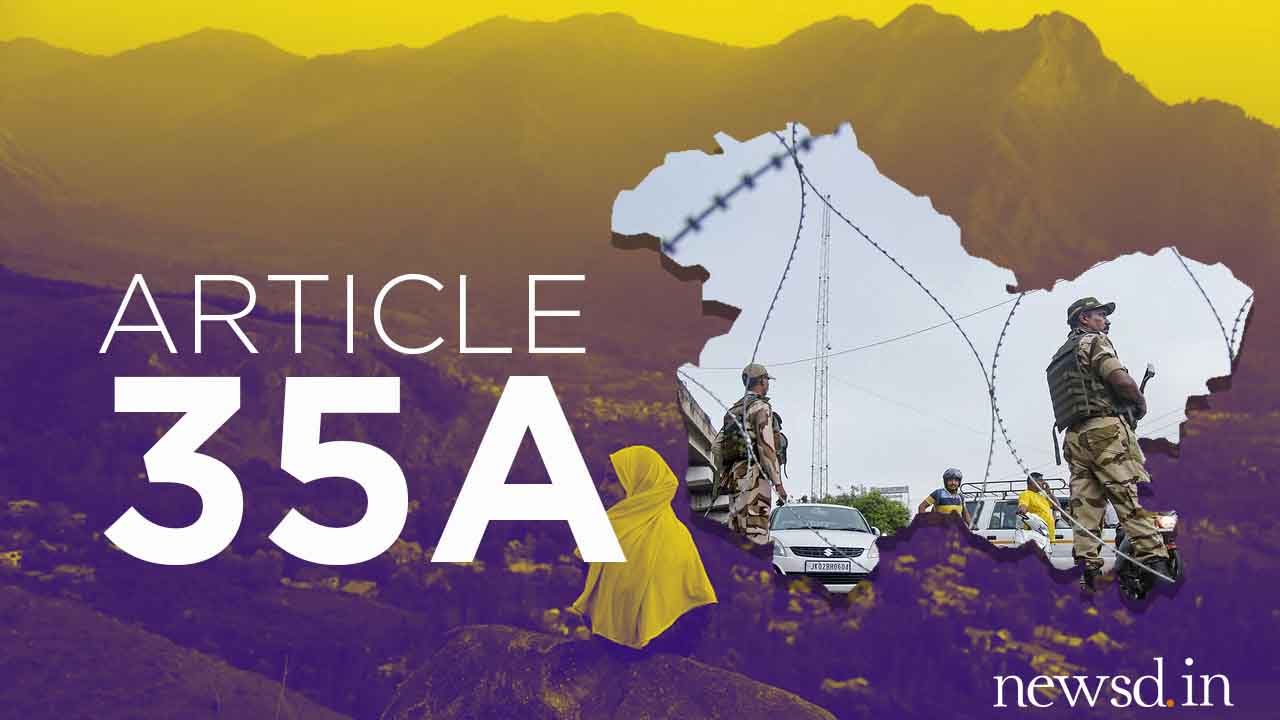Uncertainty and panic has gripped the entire Jammu and Kashmir after the Union Home Minister Amit Shah on Monday recommended to abrogate special status to the state and Jammu-Kashmir and Ladhak be made Union territory.
Articles 370 and 35A have always been a subject of public debate and controversy ever since it was challenged in the Supreme Court in 2014 on the grounds that it was not added to the Constitution through amendment under Article 368 and never presented before Parliament.
While several Jammu-centric parties demand for scrapping of Article 370 and 35A, arguing that it prevents state’s complete integration with Indian Union. But Kashmir-centric parties believe that total abrogation of special powers to the state would stir the hornets’ nest and the fallout would be difficult to handle. Looks like even just the mention of Article 370 erupts division within state.
What is Article 370 of Indian Constitution: Here’s all you need to know
What is Article 35A?
The provisions of Article 35A of the Indian Constitution, adopted in 1954, allows the Jammu & Kashmir state Assembly to define who is and is not a “permanent resident” of the state.
To further break it down, this provision of the Constitution gives the legislators from Jammu & Kashmir the exclusive power to determine as to which people in or outside the state will have special rights and privileges granted by the state.
Article 35A bans outsiders from owning property in the state so that the area’s demographics are not significantly altered; they cannot get government jobs or scholarships in state-run educational institutions. Women who marry non-residents did not have the right to own property till a court order in 2002 changed that.
Among the centrist mainstream parties, the Bharatiya Janata Party (BJP) has been arguing for the abrogation of these articles 370 and 35A saying they are roadblocks not only to the integration of the state with the rest of the country but also in the development of J&K.


















